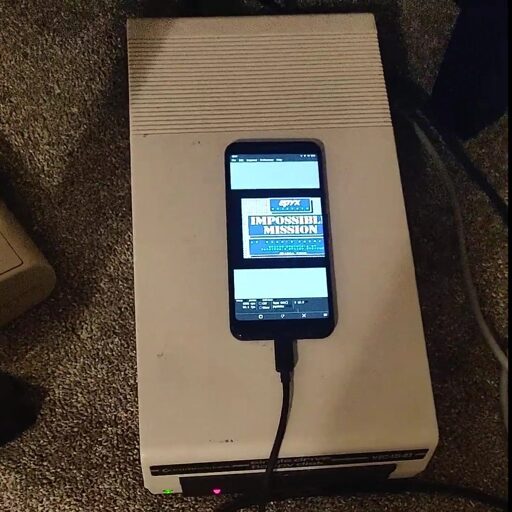

In this case, I’m a spaceflight fan, so I like talking about the topic. Also, I don’t do it for this specific poster, its clear they didn’t even read the article or understand it, but for other that may be thinking the same vague question (because of a flawed premise) that this poster did.





For the chorus, instead of the 4 syllable line of of “Blame Can-a-da” substitute"Blame don-ald-trump".